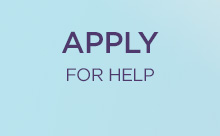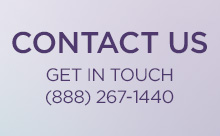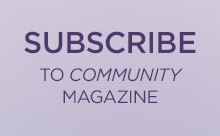Recognizing, Avoiding, and Reporting Health Care Scams

Health care scams are on the rise and can take many forms—in person, over the phone, via mail and online. New government programs have recently been put in place to help prevent, detect, and punish such scams.
However, it’s important to remember that con artists can be very creative in coming up with new ways to defraud their victims, and extremely persuasive, catching even the savviest consumers off-guard.
Here are some common health care scams to look out for, along with tips for protecting your personal information, and reporting health care fraud.
The Affordable Care Act
The Federal Trade Commission, the Better Business Bureau, and AARP warn about scams that claim association with the Affordable Care Act (ACA) and its Health Insurance Marketplace. Scammers have been taking advantage of confusion about health care reform and calling claiming to be government representatives issuing mandatory new national medical cards.
If you get a call from someone purporting to represent Medicare or the government, hang up immediately. Don’t rely on caller ID to correctly identify the caller; con artists can falsify caller ID numbers.
It’s important to know that:
- There is no card associated with Health Insurance Marketplace Affordable Care Act enrollment.
- There is no new Medicare card.
- You can’t sign up for the new Health Insurance Marketplace under the Affordable Care Act until October 1, 2013.
Scammers try to convince you to act now, says Tracey Thomas, Attorney, Division of Marketing Practices, Federal Trade Commission, in order to get your money before you have time to stop and think.
“So remember that date: October 1, 2013. That’s the first time anyone, anywhere can sign up for health insurance through the Health Insurance Marketplace under the Affordable Care Act. Anyone who claims to be able to enroll you sooner is trying to scam you,” advises Thomas. To report anyone who claims to be able to sign you up sooner, go to www.ftccomplaintassistant.gov.
For up-to-date information on the Affordable Care Act and the Health Insurance Marketplace, go to: www.healthcare.gov/index.html
Other Common Health Care Scams
The Department of Health and Human Services, the Department of Justice, and the FBI warn that scammers are engaging in the following types of health care fraud:
- Approaching their targets in public areas and offering free services, groceries, or other items in exchange for Medicare numbers.
- “Rolling lab” schemes: Scammers offer unnecessary and sometimes fake tests to individuals at health clubs, retirement homes, or shopping malls and bill them to insurance companies or Medicare
- Scammers call claiming to be conducting health surveys and ask for Medicare numbers
- Scammers offer medical equipment or service for free to individuals and claim that they only need your Medicare number for their records. Insurers are then charged for products that were not needed and/or may not have been delivered.
Next week, look for Part Two of “Recognizing, Avoiding, and Reporting Health Care Scams” on www.caringvoicecoalition.org. We’re here to help!
Comments to our stories are welcomed, and are intended to offer a forum for engaging readers in the conversation. While we do not actively moderate comments, we do ask that they remain respectful and civil. Every person’s journey is unique, and each perspective is valuable to us. We will not approve comments that contain profanity, could be considered abusive, are threatening in nature, or otherwise violate the terms of our Privacy Policy. If you view a comment that seems to violate these terms, we encourage you to contact us and we will review it.












